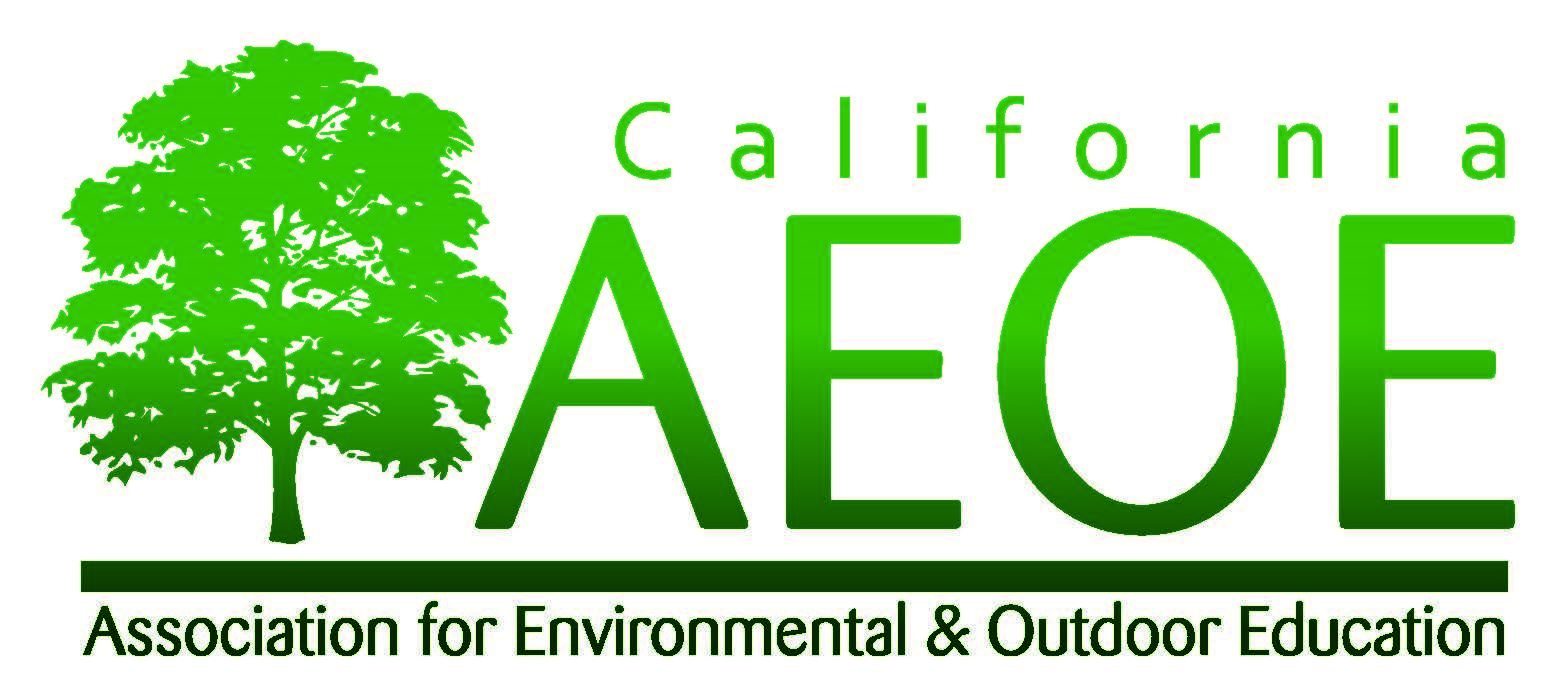Last week, Save California Salmon, the 2022 Organization of the Year announced that the new Traditional Ecological Knowledge, Science and Management Junior High Curriculum is out! It can be found at https://www.californiasalmon.org/curriculum. The press release can be read in its entirety below.
PRESS RELEASE: New Traditional Ecological Knowledge and Science Curriculum Aims to Teach California Students About Native People, Science and the Environment
For immediate release: Nov. 28th 2022
New Traditional Ecological Knowledge and Science Curriculum Aims to Teach California Students About Native People, Science and the Environment
Nov. 30th online curriculum event will feature Native Educators, Scientists, and Families, Teacher’s Trainings to follow in February 2023
For More Information:
Charley Reed, Education Director, Save California Salmon 707 458-5205 charley@californiasalmon.org
Regina Chichizola, Save California Salmon 541 951-0126 regina@californiasalmon.org
Klamath River, California- A free new curriculum released for Native American Heritage Month aims to teach California middle school students about Northern California’s environment, and how Native American people use cultural practices and science to care for the environment and the people. Lessons focus on issues such as climate change, oceans, estuaries, fire, and rivers along with keystone and culturally important species, such as salmon, abalone and fire adapted plants.
The curriculum meets junior high school standards in sciences, history, language art, visual arts, and social studies and fills a critical need for Native American studies and climate and environmental sciences curriculum and lessons, in public schools.
“As a Hupa, Yurok and Karuk person living in the mid-Klamath basin, I always felt as if I lived in two parallel worlds.One being immersed into cultural worldviews and another in western education.” explained Save California Salmon’s education director Charley Reed. “There was separation between who I was and what I was expected to learn. It has, and continues to be, a lifelong effort to Indigenize educational spaces so that Indigenous students can see themselves, their history and examples of resilience in classrooms. I believe that this TEK and Science Curriculum is a step to achieve that effort.”
Proponents of the curriculum identify California’s state standardized curriculum as it relates to Native American people in California is not only exclusionary, but factually incorrect. Existing Core Curriculum frequently teaches about Native Peoples in the past tense instead of recognizing the critical role that Indigenous Knowledge plays in environmental and other sciences.
For over a hundred years, Native people have largely not been able to manage the land and water, or practice their cultures. This exclusion of traditional practices from the landscape has contributed to California’s climate and water crises, and created social injustices and health issues for native people. In the past, the school systems, and particularly boarding schools, have been a big part of oppressing Native cultures. Today schools have the opportunity to embrace Indigenous Knowledge, thereby supporting climate resilience, healing and social justice efforts.
"Tribes have been long advocating to bring back Indigenous land management practices but it hasn't been until recently that traditional burning has been back on the landscapes" explained Reed. "We have been impatiently waiting for the opportunity to have a prominent role in stewardship. Now, unfortunately we are having to fix big problems that we were originally excluded from voicing concerns about, like dam removal, massive fires, and restoring estuaries."
Currently, the only standardized curriculum in California related to Native peoples glorifies violence and painful histories, such as the California gold rush and mission system. These histories gloss over California’s genocidal history and erase the fact that Native people are still here, practicing their cultural traditions, protecting the land and combating climate change. In addition to having detrimental effects on Native students, this creates a situation where politicians and agency employees who are tasked with protecting the environment, and working with Tribes, know nothing about the Tribes or their practices.
This situation is particularly challenging to native youth who are studying to be future leaders such as Hoopa Valley Tribal youth Danielle Frank. Frank, the former president of the Hoopa High School Water Protector Club, has been featured as an up and coming climate leader by Vogue Magazine.
“If we are going to have an equitable future in California we need to deal with climate change, fires and dwindling water supplies, but we can not tackle these issues without changing our way of thinking,” explained Frank. “California's people largely don’t understand how to care for, and not exploit, the land. Native People hold this knowledge. Teaching this curriculum in schools is a way to get students to care for the land and make learning about the climate and science relevant to them.”
Frank explains that for instance, California Tribes have always burned the forest with low intensity burns. This was not only to protect their communities, but for the health of the forest and traditional foods such as acorns and weaving materials. The loss of this practice, coupled with climate change, has led to higher intensity, larger fires along with unhealthy acorn trees and basket making materials. “This is a classic feedback loop that students can see for themselves.”
Save California Salmon will host a zoom webinar on Wednesday Nov. 30th. at 6pm featuring Native American scientists, Traditional Practitioners, parents and educators that either helped design the curriculum, or are teaching TEK and Native American studies and sciences.
The public can join at https://tinyurl.com/TEKCurriculum. A TEK curriculum teachers training will be held in February 2023. Schools can sign up to get Save California Salmon’s youth centered newsletters and curriculum poster packets.
The curriculum can be found at: https://www.californiasalmon.org/curriculum and the videos from the series are at www.youtube.com/@SaveCaliforniaSalmon .
All curriculum, online classes, and newsletters are currently free, however SCS is holding a holiday fundraiser, and is always looking for funding sources. Donations can be made at https://www.californiasalmon.org/ or through facebook.
